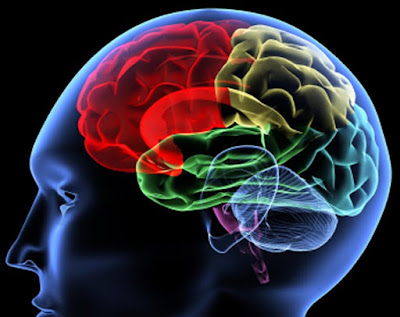Psychiatry
There is a long and rich tradition of excellence in
the Department of Psychiatry
is growing into one of largest clinical departments since its
inception. It is rich in both clinical and research areas with
current focuses on addiction, brain aging, trauma, schizophrenia, and obesity.
The vision of the Department of Psychiatry
is to become a leading academic institution in providing exceptional clinical
care, conducting neuroscience research, elaborating community mental health
issues, and training outstanding clinicians. We welcome you to visit our
website and view our tradition of excellence that has kept us at the
frontiers of medicine and become the "best of the best" departments
of psychiatry in the world.
Four-year outcomes of
child and adolescent anxiety disorders and Triggers of behaviour
In a follow-up study of child/adolescent patients
treated for an anxiety
disorder, there were relatively high rates of recurrence and
chronicity. Three hundred nineteen youth, originally
diagnosed with separation, social, and/or generalized
anxiety disorder, were randomly assigned to receive 12 weeks of a selective
serotonin reuptake inhibiter, cognitive behavioural
therapy (CBT), their combination, or pill placebo. After four years of
follow-up with annual assessments, the patients' courses were classified as:
remission in almost 22%, relapse in 48 %, and chronic in 30%. Treatment
assignment in the clinical trial was not associated with remission status at
follow-up. The study suggests that the prognosis of childhood anxiety disorders
is less favourable than had been perceived.
Mindfulness-based
cognitive therapy for ADHD in adults
Mindfulness-based
cognitive therapy (MBCT), and the closely related mindfulness training, combine
the clinical application of mindfulness meditation with elements of cognitive
therapy. A randomized clinical trial in adults with attention deficit
hyperactivity disorder (ADHD) compared the combination of MBCT and treatment as
usual with treatment as usual only. MBCT was provided weekly and included
meditation exercises, psycho education, and group discussions. Approximately
half of each group concurrently received ADHD medication, treatment as usual
for ADHD in the Netherlands where the trial was conducted. At the end of the
trial, patients assigned to MBCT experienced reduced core ADHD symptoms
compared with controls; effects were maintained at six months. MBCT shows
promise compared with treatment as usual but requires further testing compared
with active controls
Updated practice guideline on mild
cognitive impairment in adults
An updated clinical practice
guideline on mild cognitive impairment (MCI) has been published by the American
Academy of Neurology. The guideline emphasizes the importance of appropriate
diagnosis of MCI in order to assess for reversible causes of cognitive
impairment, help patients and families understand the cause of their cognitive
concerns, discuss prognostic implications with regard to dementia risk, and
help plan for the future. Neuropsychological testing is recommended in patients
who screen positive for MCI by history and brief office-based cognitive
testing.
x




That was a good-to-read post. Keep posting.
ReplyDeletepsychiatrist in Bhopal
thanks for saying us the brief explanation about the psychiatry importance to us Psychiatrist in chennai
ReplyDelete